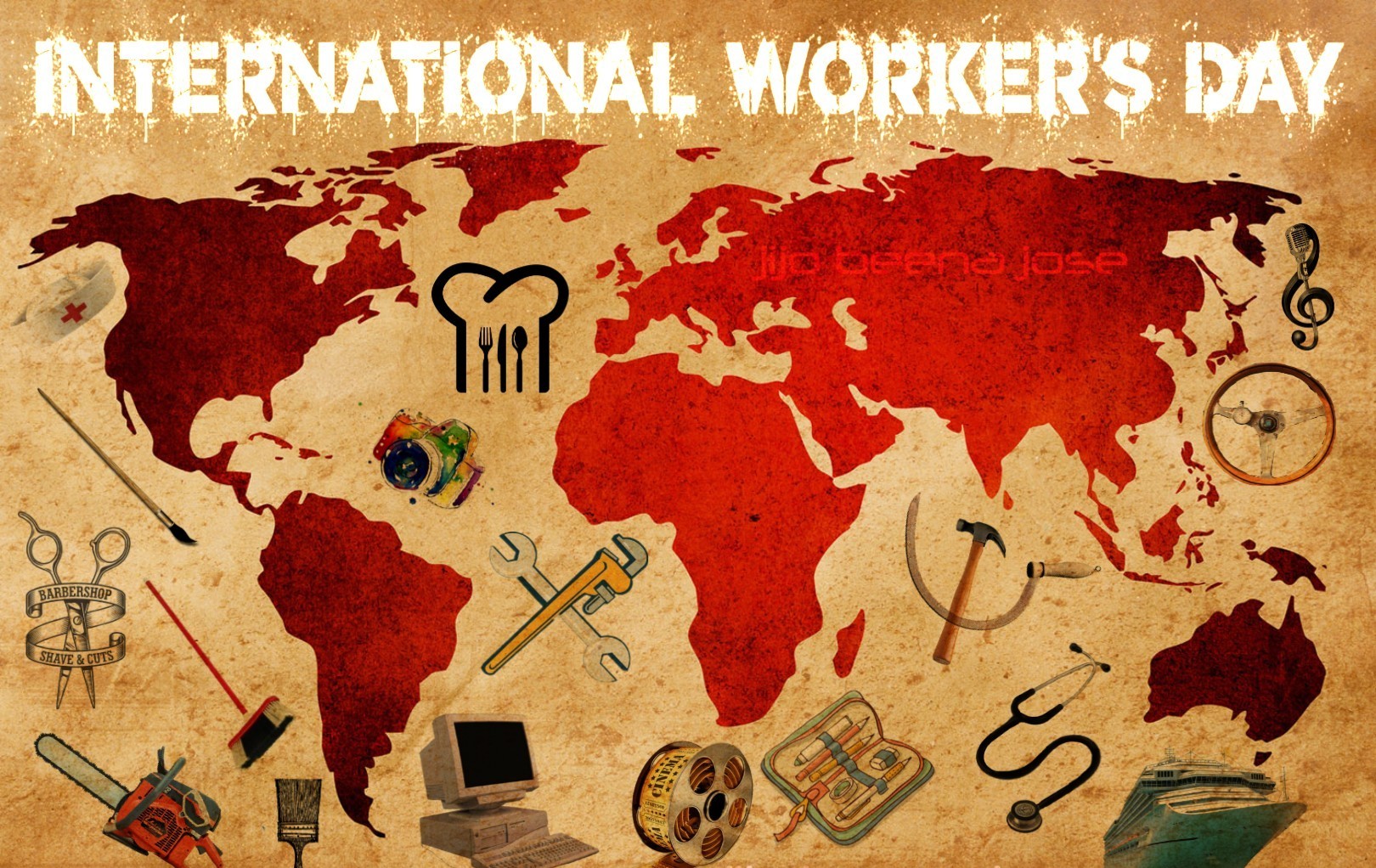Labor Day, celebrated on the first Monday of September, is more than just a long weekend. It's an essential time to honor the contributions of workers across the United States, reflecting on their struggles and victories throughout history. In 2021, Labor Day falls on September 6, marking a day where many government offices close, and various businesses choose to pause operations. This holiday provides a crucial opportunity for individuals to appreciate the labor force that drives the nation’s economy and well-being.
In addition to the closures, emergency services such as hospitals typically remain open on Labor Day. However, smaller clinics and specialized facilities may not operate, so it is advisable for individuals to reach out to their local healthcare providers for information about their specific hours. Understanding these nuances can help you navigate the holiday more effectively and ensure you have access to necessary services when needed.
As we take a moment to reflect on what Labor Day represents, it’s worth noting that this holiday has its origins in the labor movement of the late 19th century. The U.S. Department of Labor describes Labor Day as a day to celebrate the economic and social achievements of American workers, a reminder of the progress made through collective efforts. The day serves as a tribute to the strength, freedom, and leadership of the American workforce, reinforcing its significance in our society.
What Is Labor Day?
Labor Day is a federal holiday dedicated to honoring the contributions of workers in the United States. It is often referred to as the "unofficial end of summer," with many families taking advantage of the long weekend to enjoy outdoor activities and travel. The U.S. Department of Labor provides insights into the importance of this day, highlighting that American labor has significantly enhanced the nation’s standard of living and production capabilities.
The holiday was first celebrated on September 5, 1882, in New York, thanks to the efforts of labor activists who sought to acknowledge the hard work of American laborers. It became a legal holiday in June 1894, marking a significant milestone in labor rights and recognition. Each year, the nation pauses to pay tribute to American workers, reflecting on their vital role in shaping the economy and society.
In a statement made by President Joe Biden, September 6, 2021, was proclaimed as Labor Day, reinforcing its importance in bringing attention to labor rights and the ongoing struggles faced by workers. This proclamation emphasizes the need for continued advocacy for fair labor practices and recognition of the contributions made by workers across various sectors.
Understanding Labor Day Observances
- Many businesses close, including government offices and some private sectors.
- Emergency services and hospitals typically remain open, but smaller clinics may not.
- It is advisable to check hours of operation for specific services ahead of time.
- Labor Day serves as a reminder of the social achievements made by the workforce.
Labor Day is a time for celebration and reflection. The day often features community events, parades, and gatherings that highlight the achievements of workers. Many families use the extended weekend as an opportunity to relax and spend quality time together, taking part in barbecues, picnics, and other leisure activities.
As we observe Labor Day, it's essential to acknowledge the struggles and victories of those who came before us. The labor movement has played a crucial role in shaping workers' rights and improving conditions for future generations. This holiday reminds us of the importance of solidarity and collective action in advocating for fair treatment in the workplace.
Other U.S. Federal Holidays
- New Year's Day (January 1)
- Birthday of Martin Luther King, Jr. (observed on the third Monday in January)
- Washington's Birthday (observed on the third Monday in February)
- Memorial Day (observed on the last Monday in May)
- Juneteenth (June 19)
- Independence Day (July 4)
- Columbus Day (observed on the second Monday in October)
- Veterans Day (November 11)
- Thanksgiving Day (observed on the fourth Thursday in November)
- Christmas Day (December 25)
As we celebrate Labor Day, let's take a moment to appreciate the hard work and dedication of all workers. This holiday serves as a reminder of the importance of labor rights and the ongoing efforts needed to advocate for fair treatment in the workforce. By coming together as a community, we can honor those who have fought for our rights and continue to work toward a better future for all.

An ambulance vehicle seen outside the U.S. Capitol building in Washington, D.C. in 2020. (Saul Loeb/AFP via Getty Images)
Controversy Over $30,000 Housing Grants For Non-Citizens In Portland, Oregon
JD Vance's Bold Remarks On Kamala Harris' Campaign Strategy
Trump's Rally Mishap: A Comical Moment In Political Campaigning


